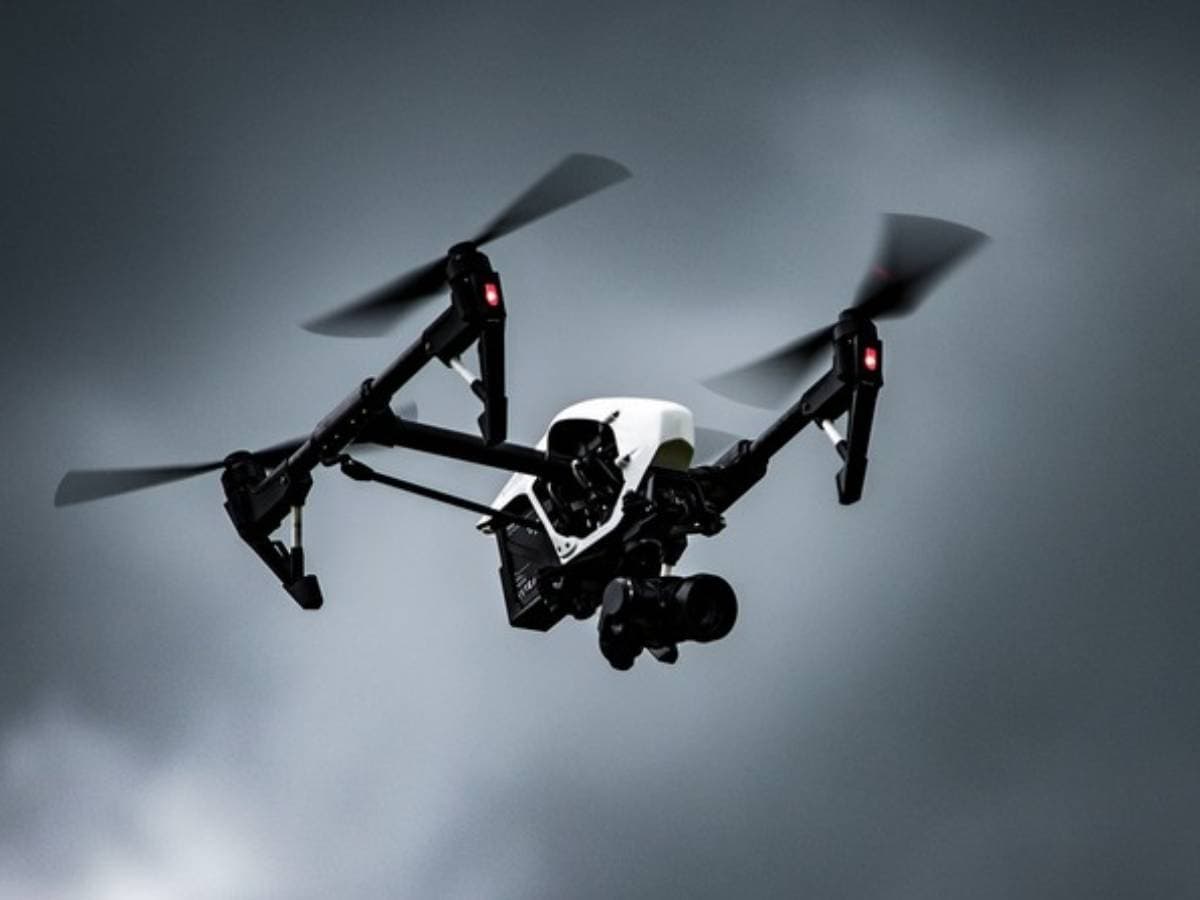Tokyo: Amid the rising tensions with China, Japanese companies will end use of Chinese-made drones over security concerns.
There have been concerns that drones made by Chinese companies transmit sensitive data to their manufacturers, However, the US essentially blacklisted drone maker DJI last year over national security concerns.
While Japanese users are also starting to explore alternatives, a lack of cost-effective homegrown options with comparable capabilities could muddle their efforts, reported Nikkei Asia.
Leading Japanese infrastructure companies are joining in the government’s efforts to curb the potential security risks after Tokyo urged government agencies to replace drones that pose significant cybersecurity risks under new procurement guidelines that took effect this fiscal year.
The Japan Coast Guard has already stopped the use of Chinese-made drones.
The guidelines apply to drones used to inspect infrastructure, in addition to those used for national security purposes.
The government is also asking private-sector contractors to step up their security measures. According to Nikkei Asia, Japanese drone makers are ramping up development efforts to tap the likely rise in demand for homegrown products.
Autonomous Control Systems Laboratory, which is listed on the Tokyo Stock Exchange’s startup-focused Mothers market, is developing a drone with Yamaha Motor and other partners to go on sale as early as October.
The drone’s flight data and any images it takes will be protected.
“Major electricity and gas companies have approached us, saying they want to switch to domestically made drones for inspections and other uses,” ACSL President Satoshi Washiya said.
Sony Group unveiled its Airpeak drone in January ahead of the commercial launch.
The model is primarily designed for the entertainment industry, but Sony will also consider branching out into logistics, infrastructure and other fields.
But not all Japanese businesses are ready to switch to homegrown drones just yet.
Few existing models can satisfy client needs, and the ones that are available can cost dozens of times more than counterparts from DJI, which has succeeded in driving prices down through mass production and using shared parts with appliances and other products, Nikkei Asia reported.

